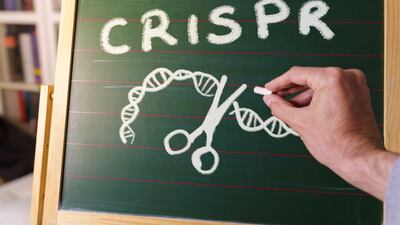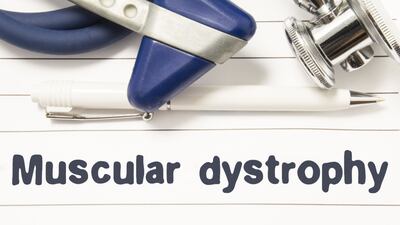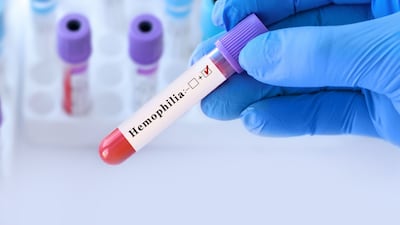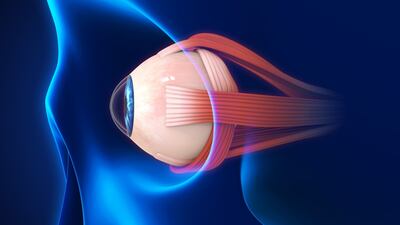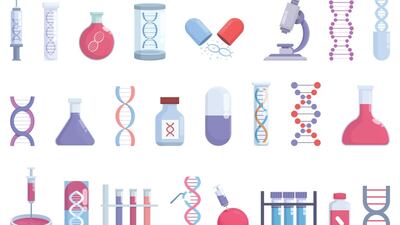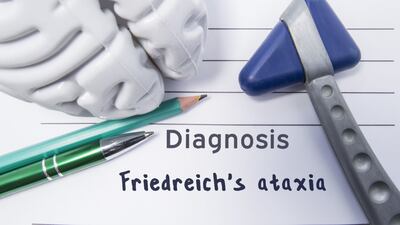Gene Therapy
Program for collaborative reviews of gene therapy applications is getting under way with the European Medicines Agency. After launch, the pilot could be expanded to earlier discussions around CMC and pharm/tox data requirements, FDA’s Nicole Verdun said.
Finding the right way to measure outcomes is just one of the difficulties involved in conducting clinical trials of potential new therapies for loss of hearing, which can have a number of different causes.
It is “absolutely fundamental” that manufacturers of cell and gene therapies interact with inspectors from regulatory agencies to understand their expectations around good manufacturing practice, a compliance consultant at CDMO eXmoor pharma says.
In this week's podcast edition of Five Must-Know Things: Merck & Co. steps into CD19 bispecific space; gene therapy patients rise, but slowly; Madrigal’s Rezdiffra plans; Korean biopharma financing recovering?; and approvals to watch out for in Q3.
The CMS supplemental reimbursement for the gene therapies is higher than usual for new technologies, but is similar to the formula used for antibiotics.
Bluebird, Vertex and Sarepta are starting to see some commercial gene therapy traction and expect momentum to pick up in the second half, while hemophilia remains a challenging area.
Nine new entries targeting a wide range of unmet medical needs. Several EU marketing approvals and two withdrawals. And an accelerated assessment tool that was seldom used. These were among the activities noted as part of the European Medicines Agency’s priority medicines scheme during the first half of 2024.
Casgevy, the world’s first CRISPR gene editing therapy, is the second drug to be accepted onto a managed access scheme via England’s Innovative Medicines Fund, offering a new treatment for patients with transfusion-dependent beta thalassemia.
Shanghai issues a new set of policies and financial incentives designed to support and speed up regulatory and commercial activities in the biopharma sector, in a comprehensive stimulus package for companies based in the major Chinese city.
The company will cut 65% of its workforce to extend its cash runway and focus its resources on AMT-130 for Huntington's disease and three earlier-stage programs moving into Phase I/II studies.
The company is hoping to become second to market with a DMD gene therapy after Sarepta’s Elevidys, which recently had a label expansion.
High patient expectations also drove Telethon’s decision to bring forward its marketing authorization application plans for its ultra rare disease gene therapy, etuvetidigene autotemcel.
The company’s giroctocogene fitelparvovec, partnered with Sangamo, could compete with BioMarin’s hemophilia A gene therapy Roctavian, but longer-term data may be needed.
Many platform designation requests have been from sponsors eager to cite other sponsors’ products, but CBER Director Peter Marks said in an interview with the Pink Sheet his office likely is years away from accepting those applications.
Vertex’s fertility preservation assistance program would provide up to $70,000 in financial support for in vitro fertilization and other services to patients prescribed Casgevy.
The head of CBER's Office of Therapeutic Products also touted hiring achievements and new communication plans with sponsors at an Alliance for Regenerative Medicine meeting.
The two biotechs each hope to offer an Eylea-sparing regimen to wet age-related macular degeneration patients with gene therapies that induce natural production of aflibercept.
Strong concerns about the imminent joint clinical assessments remain, but there are signs that communications between the health technology assessment coordination group and stakeholders could be improving.
AstraZeneca’s sipavibart for preventing COVID-19 in the highly vulnerable population of immunocompromised patients is among the latest drugs that the European Medicines Agency has started to review for potential pan-EU marketing authorization.
The company’s shares fell amid debate over improvements in LVMI, but an analyst pointed out that they indicated the gene therapy has efficacy in Friedreich ataxia cardiomyopathy.
ADVERTISEMENT







